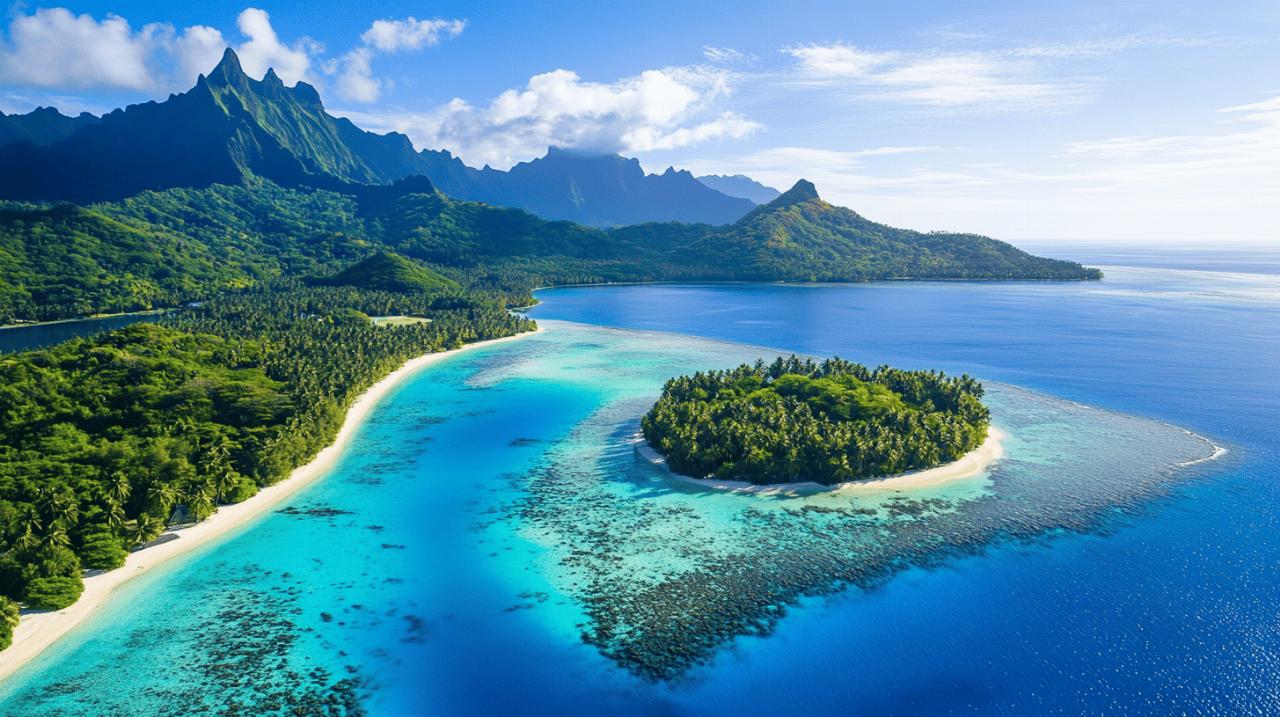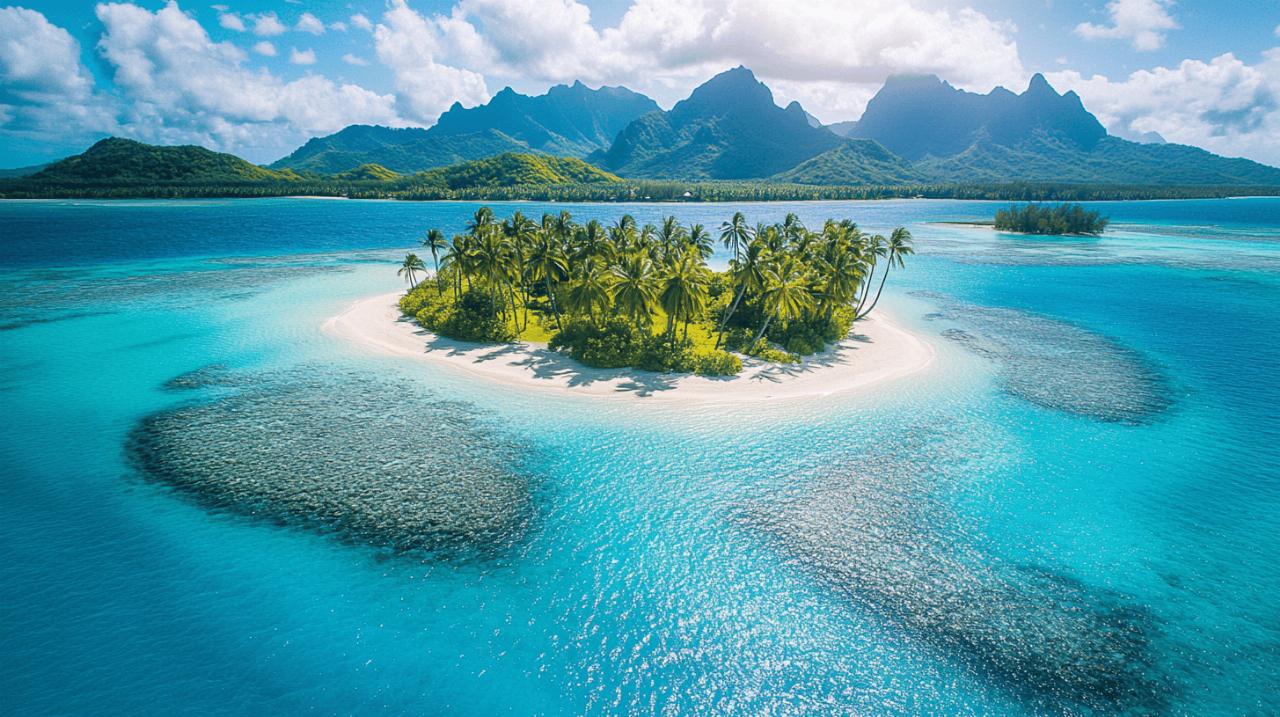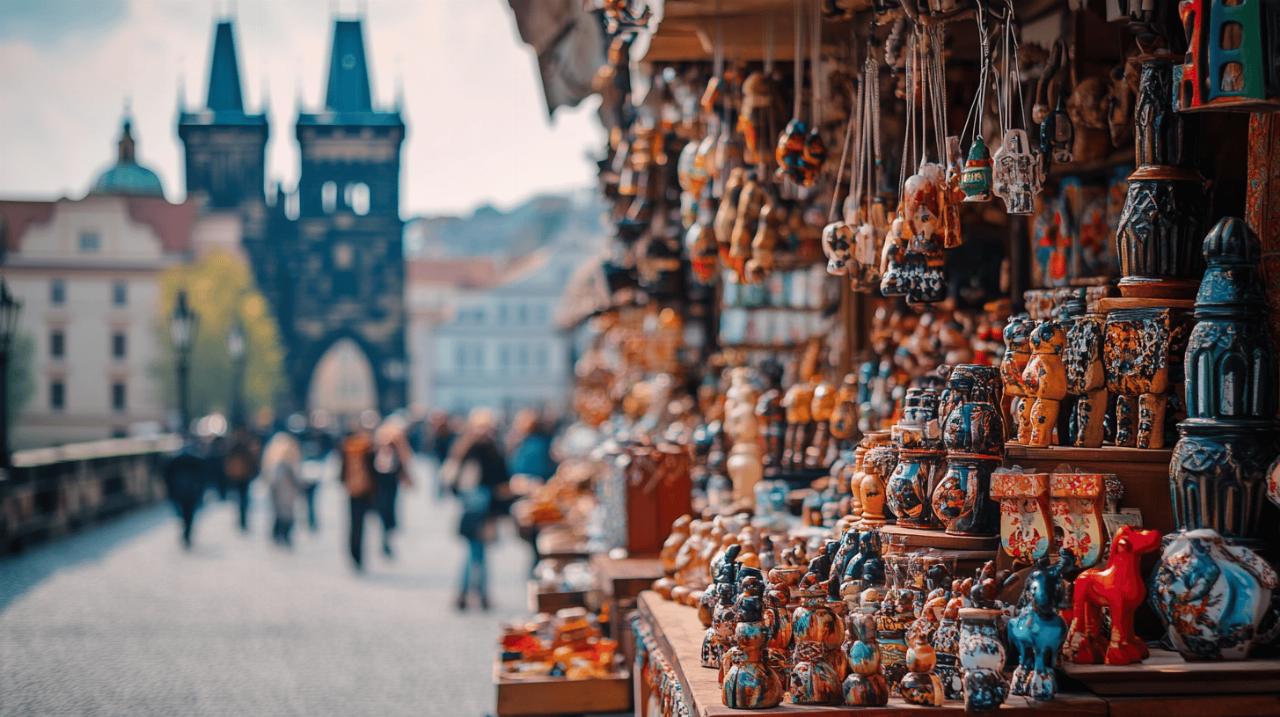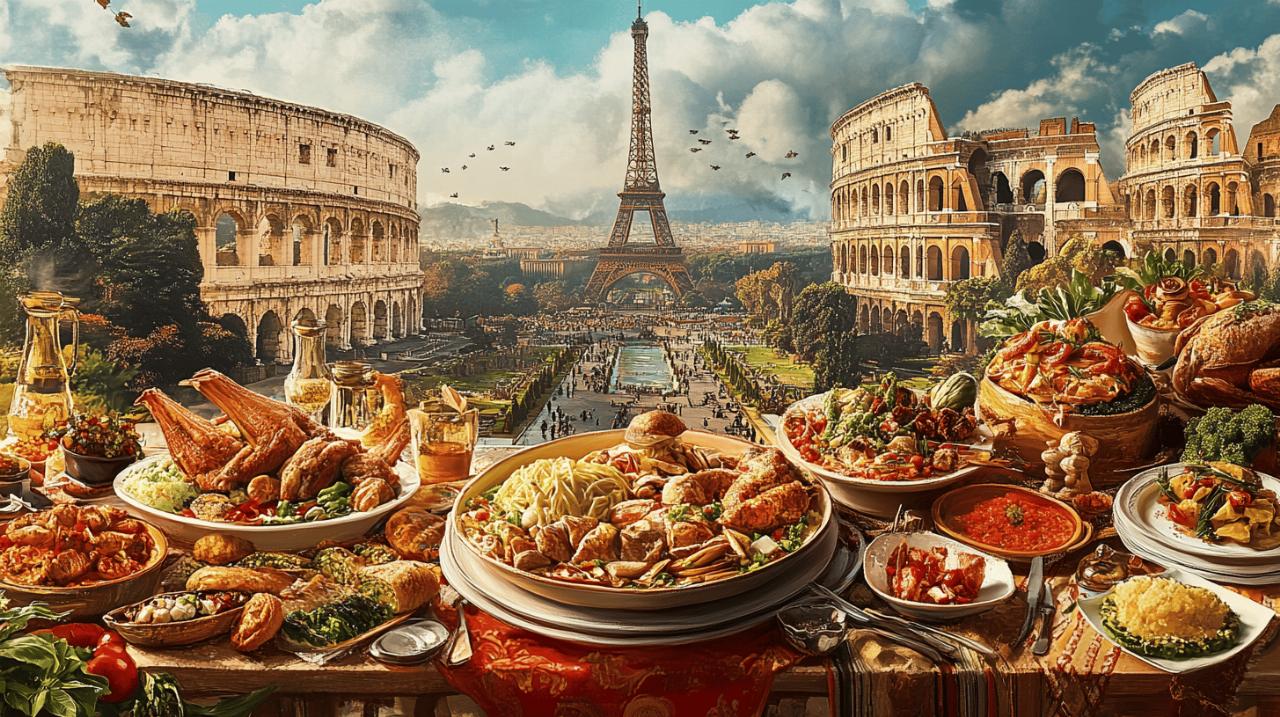Nestled in the heart of the South Pacific, French Polynesia offers more than just picture-perfect beaches and crystal-clear waters. The region boasts a rich cultural heritage that's deeply intertwined with nature's bounty, particularly through the creation of monoi oil – a fragrant treasure that has become synonymous with Polynesian tradition. The Route du Monoi invites travellers to discover this sensory journey across the islands, offering an immersive experience into authentic Polynesian culture while supporting local communities and traditional knowledge.
The enchanting origins of tahitian monoi oil
Monoi oil represents centuries of Polynesian wisdom and craftsmanship. This aromatic oil, whose name translates to 'scented oil' in the Tahitian language, is created through a meticulous process that has been passed down through generations. The foundation of authentic monoi begins with coconut oil extracted from sun-dried coconut meat, which is then infused with the delicate white petals of the sacred tiare flower (Gardenia taitensis) – a process that requires patience and precision to capture the flower's essence properly.
Ancestral techniques of flower infusion
The traditional method of creating monoi involves harvesting fresh tiare flowers at a specific time of day when their scent is most potent. These blooms are then placed in coconut oil and left to macerate for at least two weeks, allowing the oil to absorb the flower's fragrant compounds. The process appears simple, but mastering it requires knowledge of timing, proportions, and environmental conditions that Polynesian craftspeople have refined over centuries. Some families still create monoi using methods virtually unchanged for generations, refusing to rush the natural infusion process that gives the oil its distinctive character.
Cultural significance in polynesian traditions
For Polynesians, monoi transcends its status as a beauty product, serving as a cultural cornerstone used in religious ceremonies, traditional medicine, and rites of passage. Mothers massage their babies with monoi to strengthen bones and protect skin, while dancers use it to give their hair a lustrous shine before performances. The oil features prominently in wedding rituals and coming-of-age ceremonies, symbolising purity and connection to ancestral traditions. This deep cultural significance makes monoi more than just a souvenir – it represents a living heritage that continues to play an essential role in contemporary Polynesian life.
Journeying Through the Route du Monoi
The Route du Monoi offers visitors a chance to trace the journey of this precious oil from flower to finished product while exploring the breathtaking islands of French Polynesia. This cultural trail weaves together various sites related to monoi production, creating an authentic experience that goes beyond typical tourist attractions and connects travellers with the heart of Polynesian traditions.
Island-Hopping from Tahiti to Bora Bora
The journey typically begins in Tahiti, the largest island and cultural hub of French Polynesia, where visitors can explore the markets of Papeete to see the variety of monoi products available. From there, the route often continues to Moorea, with its lush valleys where tiare flowers bloom in abundance. The adventure may extend to the pristine waters of Bora Bora, where luxury resorts incorporate monoi into spa treatments. Each island offers its own perspective on monoi production, with some focusing on traditional methods and others showcasing modern interpretations that blend heritage with innovation.
Visiting traditional production facilities
Along the Route du Monoi, travellers have the opportunity to visit family-run workshops where the oil is still crafted by hand. These visits reveal the care and attention that goes into each bottle of monoi, with artisans explaining the nuances of flower selection and oil preparation. Some facilities welcome visitors to participate in the process, from picking tiare flowers to placing them in coconut oil. These hands-on experiences create meaningful connections between visitors and craftspeople, fostering appreciation for the skill involved in creating authentic monoi.
Monoi beyond beauty: wellness and therapeutic applications
While monoi has gained international recognition as a beauty oil, its applications extend far beyond cosmetic use. Polynesian traditional knowledge has long recognised the therapeutic properties of monoi, using it to address various health concerns and enhance wellbeing through holistic approaches that treat body and spirit as interconnected elements.
Spa treatments and luxurious experiences
Throughout the islands, spas have embraced monoi as a cornerstone of their treatment menus, offering massages, body wraps, and hair treatments featuring this fragrant oil. These experiences often incorporate traditional Polynesian techniques, such as taurumi massage, which uses specific pressure and movements to release tension and improve energy flow. The combination of skilled touch and monoi's nourishing properties creates deeply relaxing experiences that connect modern wellness practices with ancient wisdom. Many resorts offer outdoor treatments where the scent of monoi mingles with ocean breezes, creating multisensory experiences unique to the region.
Traditional medicinal uses in polynesian culture
Beyond its applications in spas, monoi serves important medicinal purposes in traditional Polynesian healing. The oil has been used to soothe sunburn, heal minor wounds, and treat skin conditions thanks to its anti-inflammatory properties. Traditional healers recommend it for scalp health and to strengthen hair against breakage, especially important in a marine environment. Polynesian medicine also recognises monoi's value in relieving muscle aches when used in massage, particularly for fishermen and farmers whose work demands physical endurance. These traditional applications highlight the sophisticated understanding of plant properties developed by Polynesian cultures through centuries of observation and practice.
Supporting cultural heritage and local communities
Travelling the Route du Monoi offers more than just sensory pleasure – it provides an opportunity to engage with issues of cultural preservation and ethical tourism. As interest in traditional knowledge grows globally, questions about proper attribution and compensation for indigenous knowledge become increasingly important, particularly regarding products like monoi that have found commercial success beyond their places of origin.
Ethical tourism and respecting indigenous knowledge
Responsible travellers along the Route du Monoi recognise the importance of approaching cultural experiences with respect and awareness. This means acknowledging the intellectual property rights associated with traditional knowledge and supporting initiatives that ensure benefits flow back to the communities that developed and preserved these traditions. Some production facilities have established educational programmes that teach visitors about efforts to protect monoi's cultural heritage, including the Appellation d'Origine which restricts the use of the term 'Monoi de Tahiti' to products made using specific traditional methods in French Polynesia.
Bringing home authentic monoi products
The journey concludes with the opportunity to select authentic monoi products to bring home as meaningful souvenirs. Knowledgeable travellers look for the official 'Monoi de Tahiti' seal, which guarantees the oil was produced according to traditional methods using locally grown ingredients. Beyond pure monoi oil, visitors can find soaps, candles, perfumes, and cosmetics that incorporate this precious ingredient. Purchasing directly from producers or community cooperatives ensures that economic benefits remain in local hands, supporting the continuation of traditional knowledge and sustainable production practices that preserve both cultural heritage and the natural environment that makes monoi possible.
Preserving indigenous wisdom: the legal framework for monoi protection
Fancy a trip to French Polynesia? The 'Route du Monoi' offers a brilliant opportunity to explore the cultural significance of monoi oil whilst experiencing the stunning islands of Tahiti, Moorea and Bora Bora. This fragrant oil, created by soaking tiare flowers in coconut oil, has been a staple in Polynesian beauty rituals for generations. As you journey through traditional oil factories and labs, you'll discover how this treasured natural product has become emblematic of Polynesian heritage, necessitating proper legal protection to preserve its authenticity and the indigenous wisdom behind it.
Geographic indication status and its significance
Monoi de Tahiti gained protected Geographic Indication status, recognising its unique ties to French Polynesia's environment and traditional production methods. This legal protection ensures that only genuine monoi, produced according to specific standards within the region, can bear the name. By visiting the tiare flower farms and production facilities along the Route du Monoi, you'll witness firsthand why this designation matters. The specific climate, soil conditions, and traditional knowledge passed down through generations create a product impossible to replicate elsewhere. This protection benefits local producers by safeguarding their livelihoods against counterfeit products whilst preserving the cultural heritage embedded in monoi production techniques.
Community-led initiatives for traditional knowledge safeguarding
Beyond formal legal protections, local communities along the Route du Monoi have established grassroots initiatives to safeguard their traditional knowledge. Many family-run businesses invite visitors to participate in workshops where you can learn about monoi's role in traditional Polynesian medicine and beauty practices. These community efforts ensure that indigenous knowledge isn't simply commercialised but respected and properly attributed. When you purchase monoi products—from luxurious oils to handcrafted soaps and candles—from these local artisans, you're supporting a system that values fair compensation for indigenous knowledge. The Route du Monoi thus offers more than just a sensory journey; it provides insight into how traditional knowledge protection works in practice, balancing commercial interests with cultural preservation in a manner that benefits the knowledge holders first and foremost.






